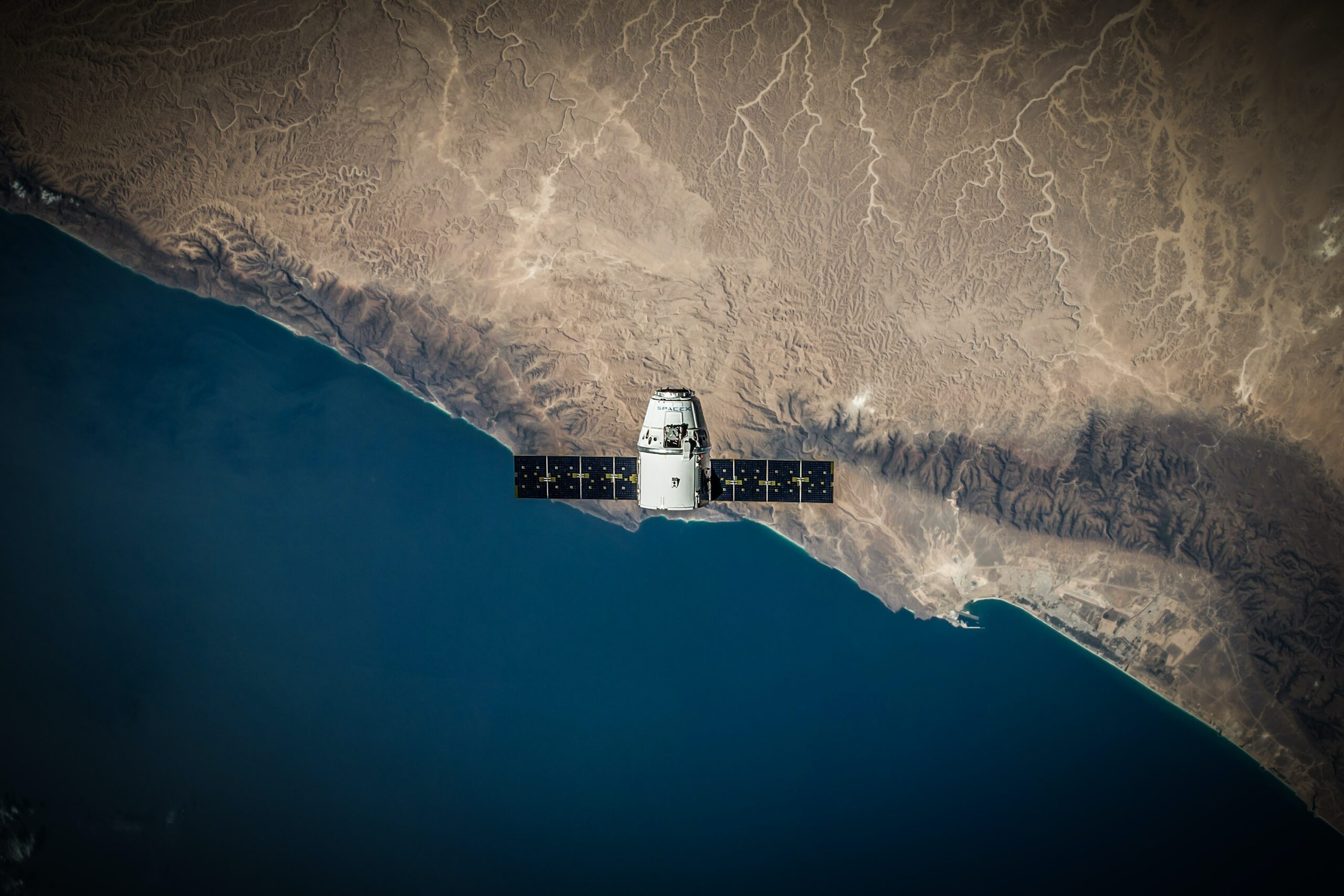Enhancing National Security and Surveillance Capabilities for Peace and Stability.
South Korea has announced its plans to launch its inaugural domestically built spy satellite by the end of this month. This significant development underscores South Korea’s commitment to strengthening its national security and closely monitoring the activities of its neighboring nation, North Korea, as it pursues advancements in nuclear weaponry.
The announcement comes in the wake of North Korea’s recent failure to carry out its promised third attempt to launch a reconnaissance satellite in October, possibly due to technical challenges.
Jeon Ha Gyu, a spokesperson for the South Korean Defense Ministry, confirmed on Monday that the country’s first military spy satellite will be launched from California’s Vandenberg Air Force Base on November 30. SpaceX’s Falcon 9 rocket will carry the satellite into orbit, thanks to a contract between South Korea and SpaceX. In line with this agreement, South Korea intends to launch an additional four spy satellites by 2025, as stated by South Korea’s Defense Acquisition Program Administration.
Notably, South Korea presently lacks its own military reconnaissance satellites and relies on U.S. spy satellites for monitoring North Korea’s activities. The acquisition of domestic spy satellites will grant South Korea an independent space-based surveillance system, enabling near-real-time monitoring of North Korea’s actions.
When combined with South Korea’s three-axis defense system, which encompasses preemptive strike capabilities, missile defense, and retaliatory assets, the country’s overall defense against North Korea is set to be significantly bolstered. This comprehensive approach to national security was endorsed by Lee Choon Geun, an honorary research fellow at South Korea’s Science and Technology Policy Institute.
South Korea plans to launch its first military spy satellite on Nov. 30 https://t.co/akakEzKuHo
— The Globe and Mail (@globeandmail) November 6, 2023
Lee emphasized that while U.S. spy satellites offer higher-resolution imagery, their operations align with U.S. strategic objectives, potentially limiting the sharing of sensitive information with South Korea.
South Korea’s decision to employ SpaceX’s services for launching its spy satellite is considered a cost-effective and reliable choice, as evidenced by the successful deployment of a performance observation satellite using South Korean technology last year.
North Korea, too, has shown interest in possessing its own spy satellite but faced technical difficulties in its two earlier launch attempts this year. South Korea’s spy agency recently informed lawmakers that North Korea may be receiving technological assistance from Russia, potentially aiding its upcoming satellite launch program.
The acquisition of spy satellites aligns with ambitious defense plans announced by North Korean leader Kim Jong Un in 2021, emphasizing the need for advanced military capabilities, including mobile intercontinental ballistic missiles, nuclear-powered submarines, hypersonic weapons, and multi-warhead missiles, in response to perceived U.S. military threats.
































